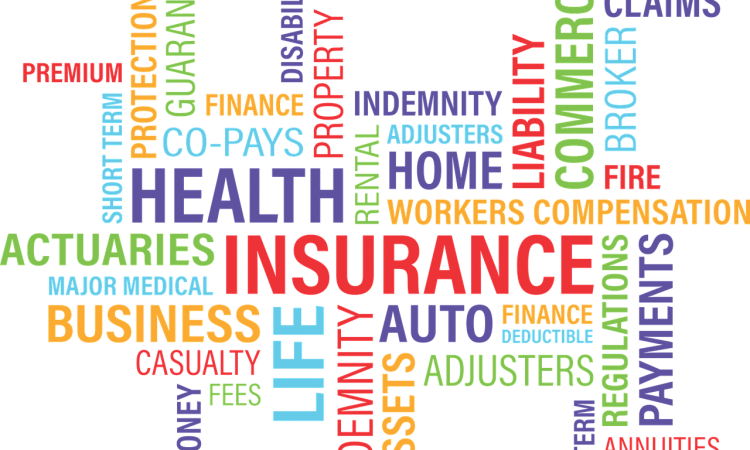If you’re starting your own company, you might have thought about your product, your pricing, your marketing and your customer service – all very important components of your business! But one thing many entrepreneurs overlook is how they will insure their start-up. It’s not as creative as product development or marketing, or as rewarding as the profit you’re looking forward to earning, but without it, your business is at risk of closing its doors in the face of a lawsuit or disaster. If this is the first time you’ve thought about insurance for your small business, you can start by asking yourself the following questions.
What Are You Selling?
If you’re selling a product, you’ll need product liability insurance in case you sell a defective item, or something that causes serious harm.
If you are selling a professional service, you’ll need professional liability insurance in case you are sued by a client for an error or omission you make when providing the service.
Where Are You Selling It From?
If you’re working from home, you won’t be able to rely on your home insurance plan to protect you in an instance where a client or employee injures themselves when they are visiting your house for business purposes. Also, your personal policy also might not provide enough coverage for the business equipment that you keep at home. Finally, failing to advise your insurance provider that you’re running a business from your home could void your policy.
If you have an online store, you’ll want to consider cyber liability insurance to protect you in case you are the subject of a lawsuit because of a electronic security breach and/or the theft of devices that compromises customer information. This is an increasingly common threat to small and medium-sized operations that often puts people out of business.
If you have a brick and mortar store, property insurance will protect any property owned by your business in the event of damage (like from a fire), and contents insurance will cover the assets inside your property (such as equipment and merchandise).
In all of these cases, general liability insurance covers injury to employees, clients and customers on your premises – whether it is your home or a storefront.
What’s Your Organizational Structure?
If you are a sole proprietor, you are personally liable for all the debts of your business. With that in mind, you might want to consider insurance coverage that protects you, your family, and your business in the event of a tragedy. That could include life insurance, disability insurance and critical illness insurance.
If you are part of a partnership, you might want to consider partnership insurance, which allows you to purchase your partner’s shares of the business in the event of their death. Likewise, key person insurance provides coverage in the event that you lose an employee who is critical to the operation of your business.
What Else Should I Consider?
Business interruption insurance is meant to cover you in an instance where you could lose earnings due to a closure in your business. For example, if your store is damaged in a fire, your property insurance covers the destruction to your property and your contents insurance covers the assets inside the building. However, you are still at a risk of losing earnings while your store is closed for repair, which business interruption insurance will cover until you are able to reopen.
If you are using your personal vehicle for business purposes, you need to advise your car insurance provider, or else you risk voiding your policy. Talk to your insurance provider to make sure that you are covered in a case where you get in a collision while using your car for business, and that any business assets that you keep in your car are covered in the event of theft.
Answering these questions is the first step to understanding the type of insurance you need to protect your business. Now that you have an idea of what kind of coverage you need, it’s time to shop around for an insurance provider. To get the best coverage for your business, you’ll want to shop around for multiple quotes, since different companies will offer different prices and different plans for the same business. Once your business is insured, you can turn your focus back to building a business that you love – and earning that profit that will make it all worthwhile!





